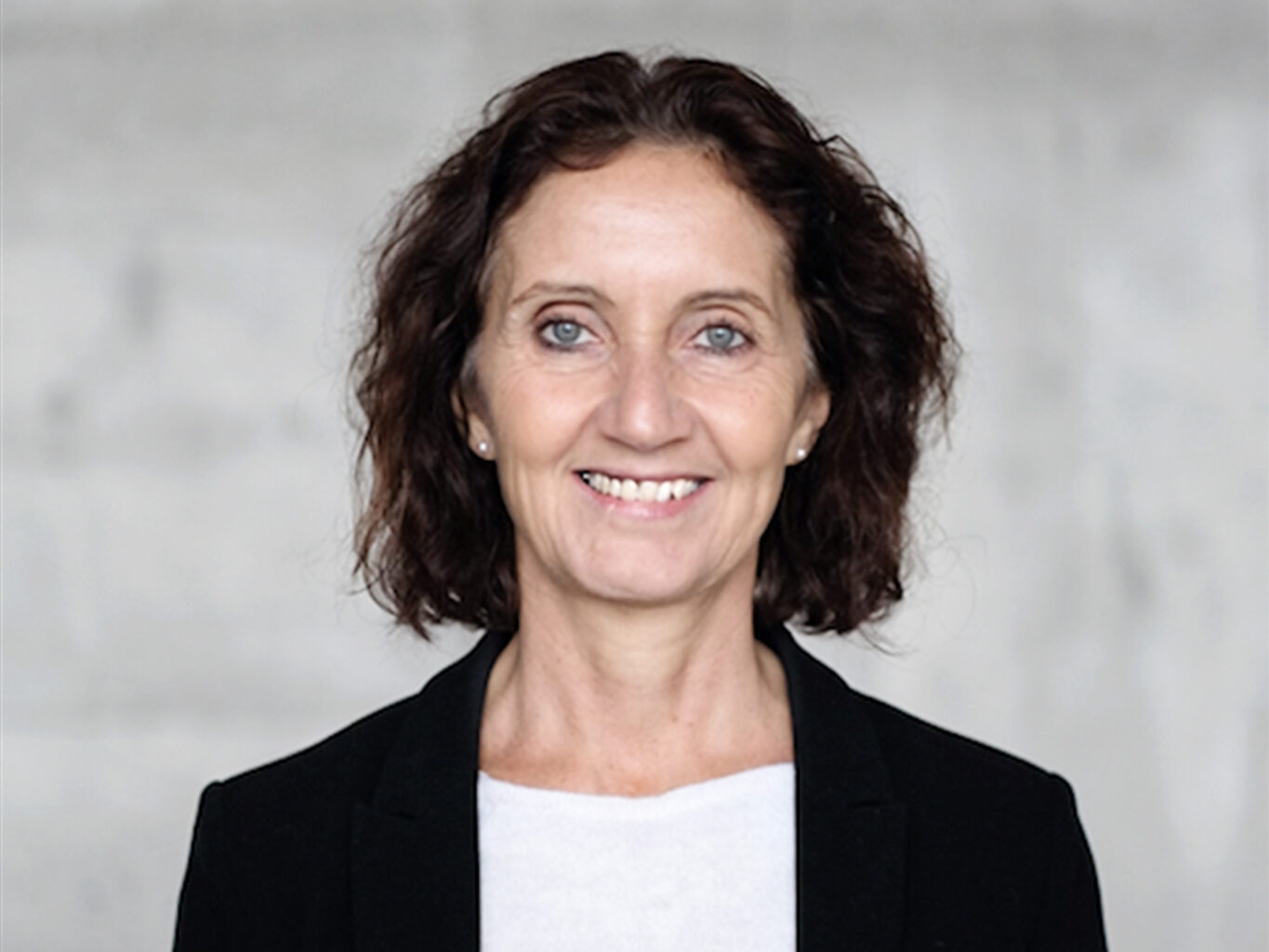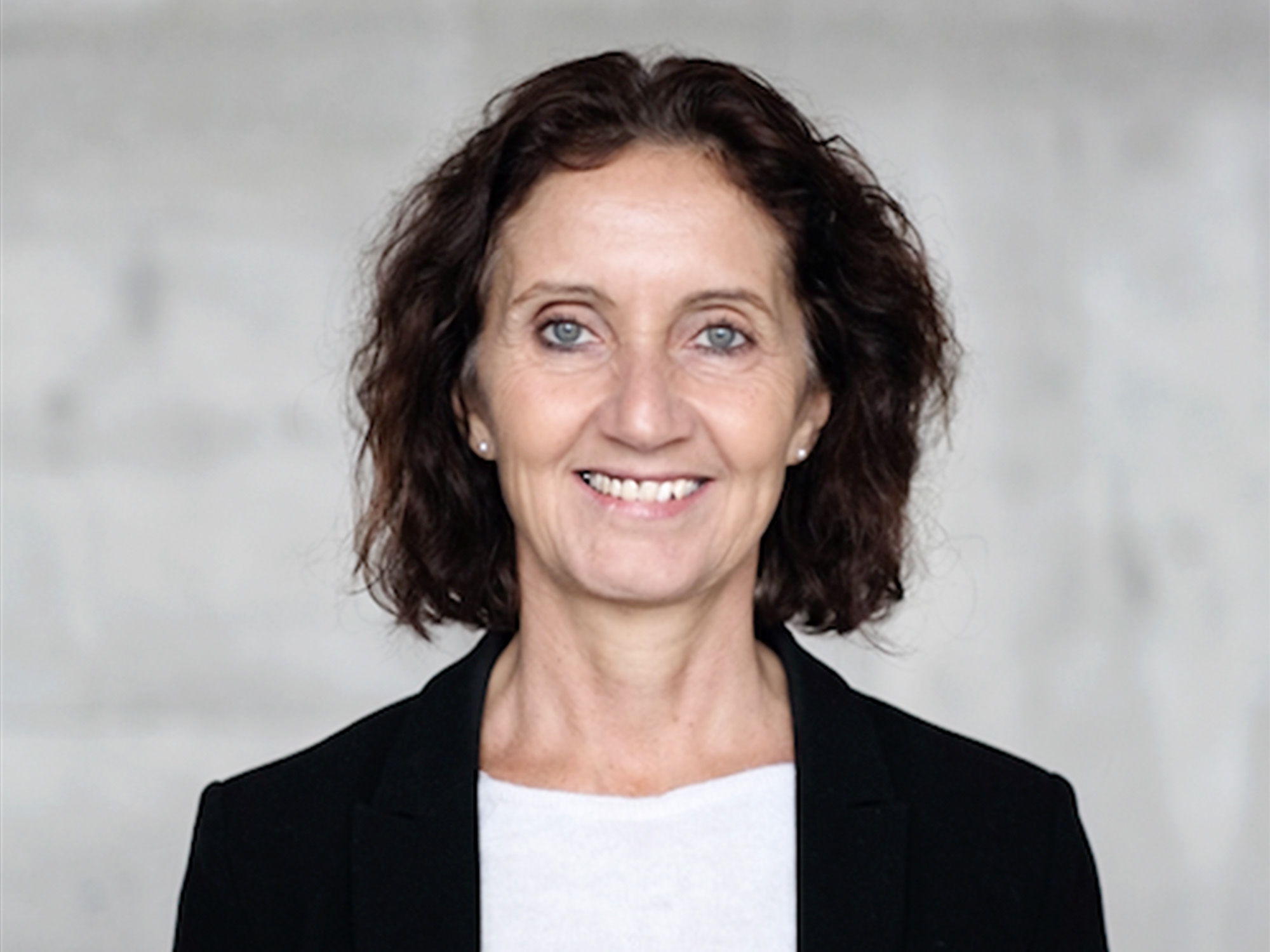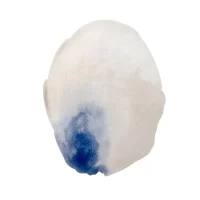Jordan Walker spoke with Joan Sleigh about her work with leadership in the tumult of today’s life. Leadership as an expression of the ‹I› of each individual as connected to colleagues and the larger issues of the world, acknowledges self-leadership, mindfulness and service as essential skills. The World Social Initiative Forum’s new program, Leadership in Transformation (LiT), hopes to build a community of leaders working towards these new understandings.
Jordan Walker It’s been over two years since you left the executive council at the Goetheanum – what have you been up to?
Joan Sleigh In November 2020 I returned to Cape Town, South Africa, after nearly 8 years in Dornach. For decades I had been interested in authentic leadership and organisational management, so I seized this transition time as an opportunity to enroll in an Executive MBA (Master of Business Administration) at the University of Cape Town Graduate School of Business. This particular program includes an international team of professors engaged in cutting-edge research into the fields of leadership and integrative thinking. In addition I continue to lead the coordinating team of the World Social Initiative Forum, a project of the Social Science Section based at the Goetheanum.
Walker That must be interesting to be immersed in what ‹mainstream› best practices are around Leadership.
Sleigh Yes, Leadership is redefining itself, and the crises in the world seem to be inviting new personal and social capacities. I have come to see Leadership as what emerges as an expression of the ‹I› in purposeful action. The more self-aware and self-directed these actions are, the more effectively healing the engagements become. However, the ‹I› can only truly know itself in relation to other entities. It therefore finds itself in continuous interrelationship with a changing world. Leadership requires a sensitive interplay and responsibility for internal growth within a becoming world. When we step into this ongoing process – we open up what they might call in my MBA program «new horizons of integrative thinking.» (Riel and Martin, 2017)
Walker Do you experience this taking place within the World Social Initiative Forum (WSIF)?
Sleigh: Like so many, the pandemic travel restrictions presented WSIF with the challenge of innovating new ways of encountering and communicating. We had to open up to what the world was presenting and our in-person forums adapted to become primarily online workshops. We recognize the loss of in-person engagement, as well as the task to become even more conscious of the subtle transfer of social awareness which happens less ‹naturally› online. Our new Leadership In Transformation (LiT) Program seeks to consciously take advantage of this opportunity to research and prototype new ways of opening conversational spaces which invite vulnerability and build empathy between us. Our sense is that social coherence is possible if we bring heightened consciousness to bare upon our interactions!
Walker Tell us more about this Leadership in Transformation course. Why launch a program like this now?
Sleigh This program has been in development for over a year. And what has emerged is a full 9-month LiT Forums course which will build a community of practice around this emergent type of leadership. It is an online/live hybrid program beginning online now and will culminate with an in-person colloquium July 2023 at Ruskin Mill Trust, in Gloucestershire, UK. We are putting together a world-class faculty, individuals who provide practical examples of Rudolf Steiner’s social three-folding in practice. Every session integrates a contemplative element in acknowledgement that it is only at this level that we are truly able to affect the subtle dimension.

Given the polarization, unpredictability, and fear that our societies face, self-leadership, mindfulness and service are not anymore considered as ‹just soft skills.› Rather, these qualities have become an essential inner disposition and way of being that needs inner schooling and nurturing. The pressing question confronting us today is, how do we set aside our entrenched practices and default thinking, to engage in an open exploration of what we can only learn and practice with the other?
So, we’re launching the first four forums as a preview to October’s full program. We look forward to engaging in the 4-part methodology that has emerged as the foundation for the program: perceiving, individualizing, participating and embodying the ‹I› in its relational practice. It’s worth a visit to the website to read about these, plus the details of the first 4 events with Aonghus Gordon, Carrie Schuchardt, John Bloom, and Thea Maria Carlson.
Walker Do you feel this type of connection is able to take place adequately online? Does it feel like a compromise to be holding it across Zoom rather than in-person?
Sleigh This is a very important question, and I feel we are all in the process of researching what this new cultural landscape means. My thesis at this point is ‹yes› to both. Yes, these questions must be able to be handled adequately online, and yes, we are making a compromise holding it on the zoom platform. It is just this tension field which holds the possibility of change, and therefore of sovereign leadership: it is no longer a question of ‹either/or,› nor of ‹better/worse›, but of ‹as well as›. The challenge is individual, in that each participant will be invited to fully engage the Self (‹I›), as well as socially, in that we co-create a shared space by expanding our perception from the intimacy of our private rooms to a trans-personal global reality. This requires new skills of personal leadership and perception. And the accessibility is phenomenal. We already have participants registered for the preview session from literally all over the world.
I believe this is one of the opportunities concealed in the challenge of our time. We are all being invited to become co-researchers in developing new practices of global interconnectedness.
More World Social Initiative Forum
Online course: Leadership in Transformation






Thank you for those very informative and interesting contributions; my hope would be that they are available to many people, and not only anthroposophists; could that be made possible?